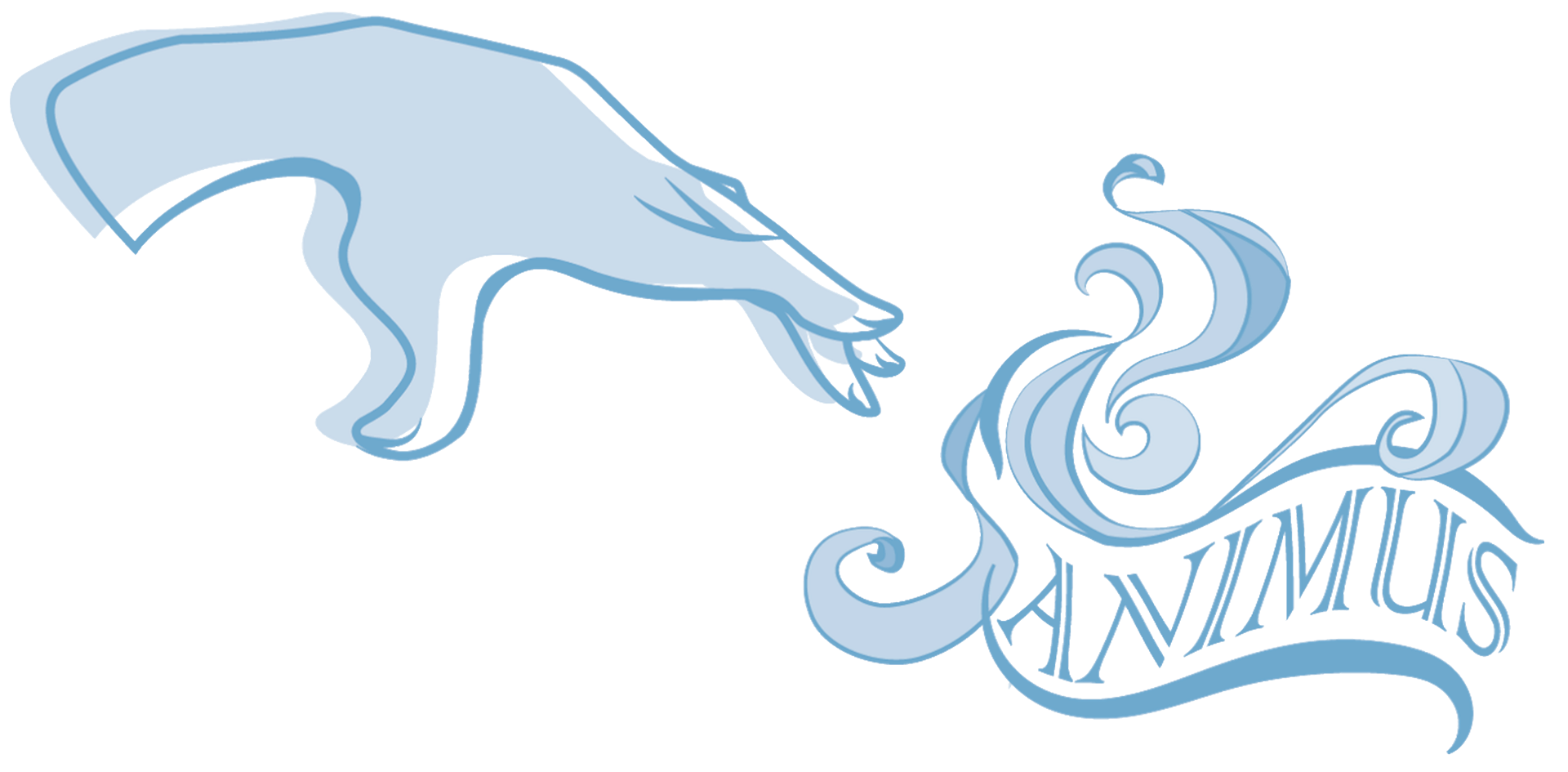Jordan Tyler Houston
College of Arts and Sciences, Wake Forest University
Apollo—glaring in his radiance—
descended from the heavens frenziedly
and set my mind alight, and boiled my blood,
so indignant and furious was he.
And so am I, who now takes up the pen
to write this tear-stained hymn to motherhood.
Apollo—Phoebus—let my spirit burn,
and let the page be branded by my words,
as triumphant as they are sorrowful,
as glorious as they are hard to hear.
I sing of Leto—noble Titaness—
and all that she endured in pregnancy.
The viciousness of Hera is to blame—
who, spying Zeus’s infidelity,
(most recent one, that is, for his affairs
would be too numerous for me to count
if I were born a Hundred-Handed One)
took out her wrath upon the innocent;
her rage was just, but not her punishment.
But who, given the choice, would quarr’l with Zeus?
Semele also once bore Hera’s wrath
when she consorted with the lusty god.
Did she not know her lover’s infamy?
The loins of Zeus spread naught but suffering,
his presence is a curse upon the bed.
Semele claims darkness as her excuse;
you saw him, Leto, yet you erred the same.
Semele’s body was reduced to ash,
she burned as she beheld the thund’ring one,
while, Leto, you instead burned with regret.
What pain she must have been in as she went!
Her belly swollen, posture bending back,
she waddled, trying desperately to find
a place outside the reach of Hera’s ire.
How long she wandered, suff’ring all the while!
At last, she came to rest on Delos’ shores,
and painlessly she bore her daughter there.
But not her son—Eileithyia was bound.
With her restrained, no children could be born;
hard labor, thus, was Leto forced to bear.
It is a wonder that Leto survived.
Were she a mortal, surely she’d have died;
for nine long days and nights she lay in pain
and writhed, and flailed, and groaned into the wind,
and lonely Echo groaned thus back to her.
She gripped the sand, her knuckles blazing white,
convulsions seized her form, her clenched jaw ached,
her breath was ragged as the choppy waves.
I could sing longer of her suffering,
but I digress, for Leto’s modesty.
And where was Zeus through Leto’s laboring?
I do not know, but I can speculate;
perhaps he was attending to his wife,
and begging her to have some sympathy—
whether it be for Leto or for him.
And what, at last, melted fierce Hera’s heart?
Perhaps a gift wet with extravagance
delivered by the pleading hand of Zeus,
perhaps—by chance—she saw the scene below,
and mercy struck her frigid heart at last.
Eileithyia came sprinting from her bonds,
and Iris followed swiftly after her.
They spread the news to all those who could hear:
“At last! At last! An end to the delay!”,
so did they cry, and all the heavens buzzed.
Now all the goddesses descend with joy
and circle Leto in their revelry.
And witnesses to this can scarce believe
that Delos but a few moments before
was barren and devoid of any life.
The mood is joy, and laughter is its food;
I pity those that cannot see the sight!
The sister watches in expectant glee,
and soon her brother takes his natal gasp.
The crowd tightens around the Titaness;
they fight amongst themselves so they can see,
and strain to catch even a fleeting glimpse.
Leto, exhausted, holds her infants tight
in motherly embrace, and shuts her eyes,
and she enjoys her rest—long overdue.
And so I sing in awe and reverence
of she that bore the sun and huntress both,
who seize their weapons in Leto’s defense
when any proves themself enough a fool
to slander her, or disrespect her name.
And justly so—what mother can compare?
Now Leto has retired into the clouds;
she sits in Olympus, twins at her side,
with honor that dwarfs even Heracles’—
her labor was greater than twelve of his.
